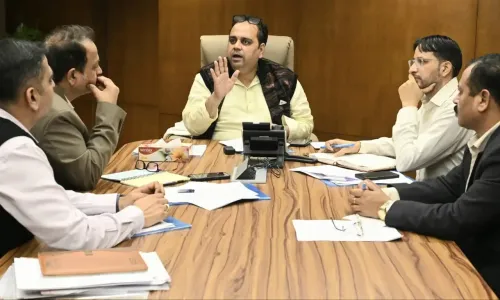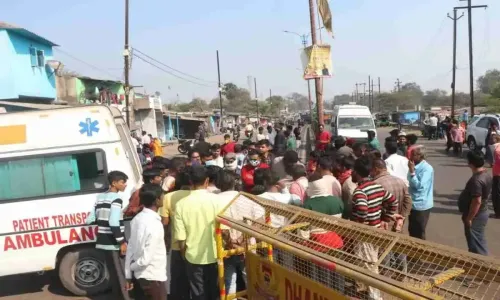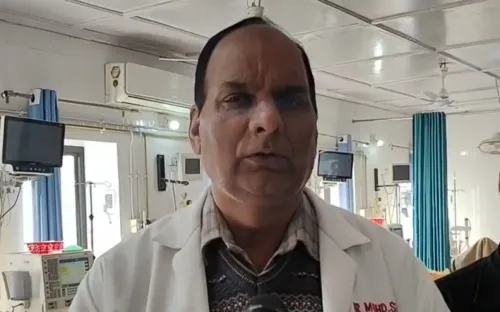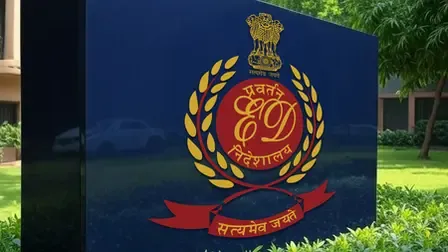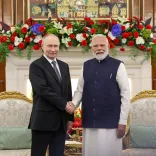Is India Committed to Ensuring the Elderly Live with Dignity?
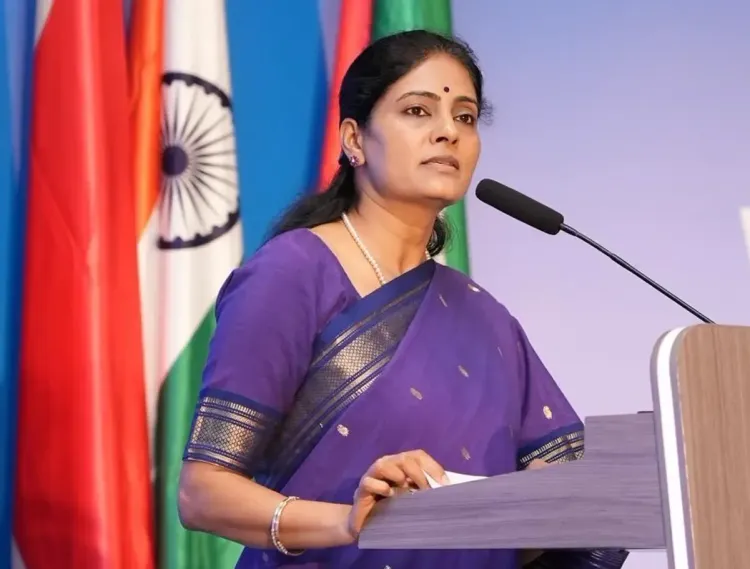
Synopsis
Key Takeaways
- India's commitment to elderly care is evident through various initiatives.
- The NPHCE is operational in 92% of districts.
- AB-PMJAY benefits around 60 million elderly individuals.
- Emphasis on healthy ageing at the WHO meeting.
- Advocacy for regional cooperation among WHO member states.
New Delhi, Oct 16 (NationPress) India is dedicated to ensuring that individuals of all ages, particularly the elderly, live with dignity, security, and care, stated Anupriya Singh Patel, Union Minister of State for Health and Family Welfare.
During her address at the Ministerial Roundtable of the 78th Session of the WHO Regional Committee for South-East Asia in Colombo, Sri Lanka, Patel reiterated India's ongoing commitment to facilitate healthy ageing through robust primary healthcare, centered around a comprehensive and people-oriented system for the elderly.
The two-day Ministerial Meeting, conducted from October 13 to 15, revolved around the theme of “Healthy Ageing through strengthened primary health care.”
“Driven by the vision of the Prime Minister’s ‘Sabka Saath, Sabka Vikas, Sabka Vishwas, Sabka Prayas’, India is resolute in ensuring that every phase of life, including old age, is experienced with dignity, security, and care,” she emphasized.
The Union Minister stressed that ageing should be perceived as a chance for inclusive growth and social transformation.
Patel pointed out that with 153 million citizens aged 60 and above, India is undergoing a significant demographic shift. To guarantee that the elderly receive equitable, accessible, and affordable healthcare services tailored to their needs, the government has implemented several critical initiatives.
This includes the National Programme for Healthcare for the Elderly (NPHCE), which is currently operational in 92% of districts and serves as the foundation of India’s efforts to provide preventive, promotive, curative, and rehabilitative services for senior citizens through a primary healthcare framework.
Additionally, to bolster financial protection for the elderly population, the Ayushman Bharat’s Pradhan Mantri Jan Arogya Yojana (AB-PMJAY) has been broadened to encompass all citizens aged 70 and above, regardless of income.
"The scheme will benefit around 60 million elderly individuals across 45 million families, offering cashless hospital care of up to Rs 5 lakh per family annually in both public and empanelled private hospitals," the Minister highlighted.
At the regional roundtable, Patel advocated for strengthened regional cooperation among WHO South-East Asia member states to enhance the integration of Primary Health Care and Long-Term Care (PHC-LTC).
India proposed the establishment of a regional platform for knowledge exchange and innovation on PHC-LTC; investment in capacity building and training programs for the geriatric and caregiving workforce across nations; and the promotion of technological advancements and health solutions that support independent and dignified living for older adults.


